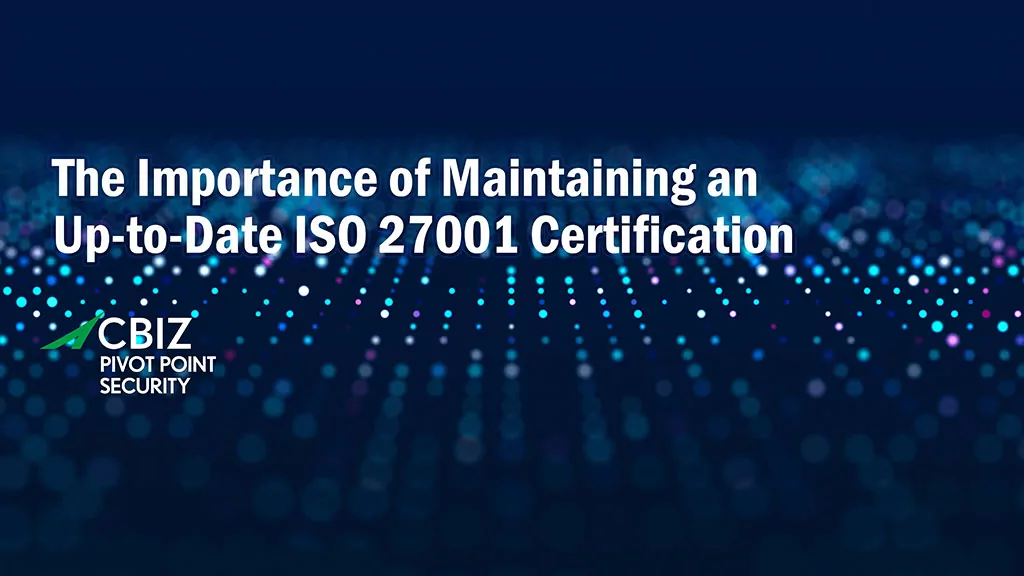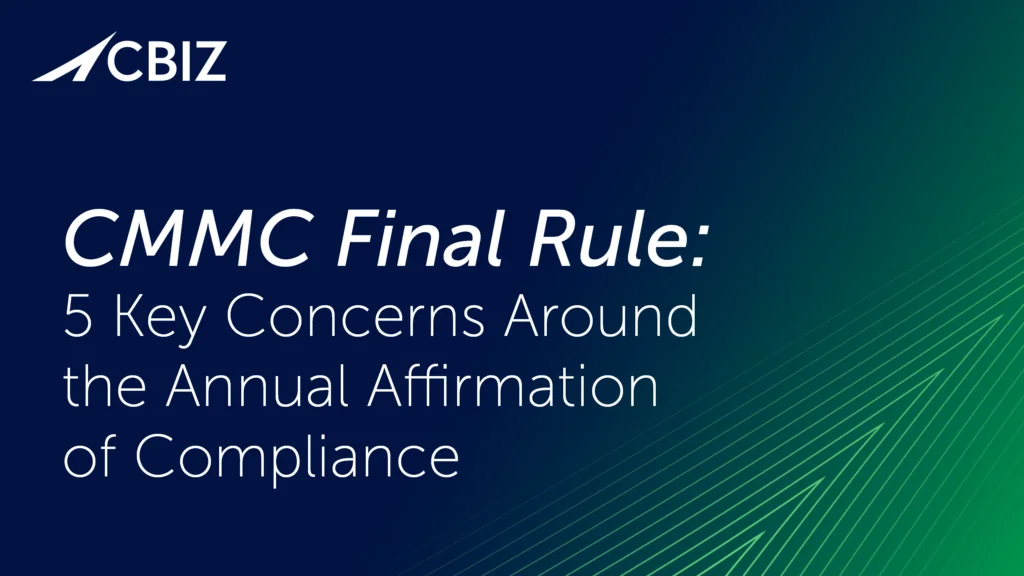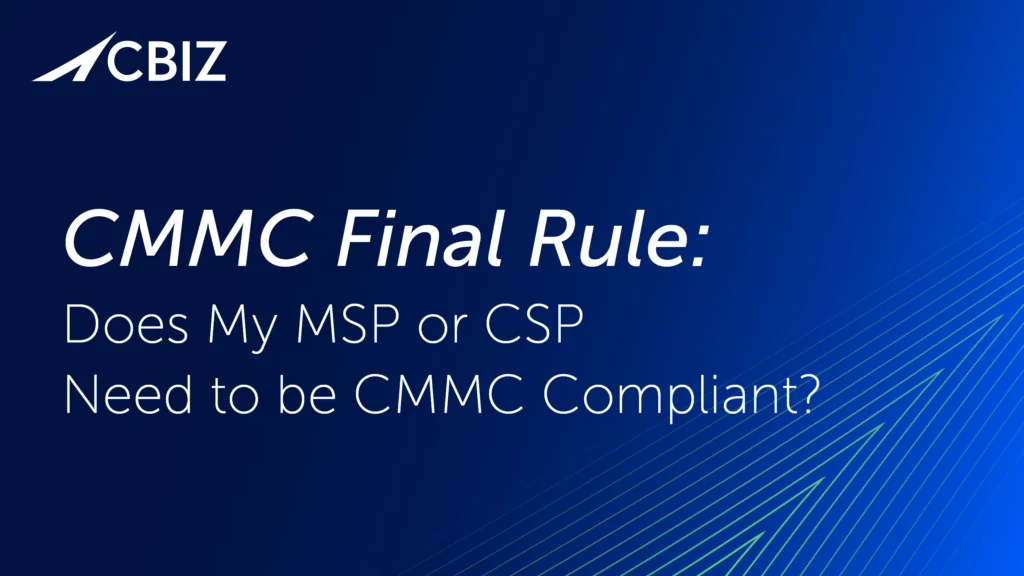Last Updated on September 5, 2023
An organization’s information security management system (ISMS) environment and the cyber threats it faces are constantly evolving. Therefore, ISO 27001 certification isn’t just a one-off, check-the-boxes experience. It’s a continuous data collection, maintenance, management, and performance improvement process.
What are the compliance requirements for maintaining ISO 27001 certification?
To maintain ISO 27001 certification, firms must undergo annual third-party surveillance audits as well as regular (at least annual) internal preparatory audits. A recertification audit takes the place of the surveillance audit every third year, with auditors requiring companies to demonstrate proof of continuous improvement as well as ongoing maintenance of controls.
New controls must be implemented and documented as new information security risks are identified. If auditors find that a company has failed to meet requirements, they can withdraw its ISO 27001 certification. An ISO 27001 certification will also become invalid if an organization fails to apply for recertification in advance of the renewal date stated on their certificate.
Most businesses need about three months to prepare for a surveillance audit (years 1 and 2), and more for a recertification audit (year 3). An important part of the preparations is to assess the current environment and identify and remediate any compliance gaps. A company that fails an audit has just 15 days after receiving its audit pass/fail summary to complete any mandated corrective actions.
What are the negative impacts of not maintaining ISO 27001 certification?
If a company fails to maintain or renew its ISO 27001 certification, it will face multiple negative impacts and risks. These include:
- Increased risk of a data breach or other cybersecurity incident due to more vulnerabilities and greater cyber risk exposure. Potential fallout from a data breach includes irretrievable data loss, high remediation and legal costs (currently averaging US$ 4.45 million per breach), brand/reputational damage, theft of intellectual property leading to reduced competitive advantage, lost sales, reduced business growth, and/or reduced stock price or company valuation.
- The formerly certified entity will hugely diminish its return on investment (ROI) for achieving ISO 27001 certification initially. Estimates and costs can vary widely, but initial outlays of $50,000 to $100,000 are typical, not counting audit costs.
- Once a firm can no longer claim ISO 27001 certification it loses all the associated competitive advantages around sales and marketing.
- Lacking a widely respected, third-party attested certification like ISO 27001, a business will have a much harder time proving to customers, management, investors, etc. that it can protect sensitive data. Indeed, losing an ISO 27001 certification implies the opposite.
- By failing to maintain a “security culture” supported by ISO 27001, a company’s security expertise, employee security training, and employee advocacy for security will all quickly erode. Essential knowledge of the ISMS and security processes will be lost, key security policy and process documents will become obsolete, and so on.
- ISO 27001 certification is a foundation for compliance with other ISO standards, such as ISO 27701 (data security and privacy) and ISO 22301 (business continuity). Losing an ISO 27001 certification would greatly increase the effort required to achieve compliance with complementary standards.
- An ISO 27001 certified ISMS can help show compliance with other security and privacy regulations like GDPR and CMMC. Losing an ISO 27001 certification eliminates this compliance advantage and could increase the effort required to maintain compliance with other standards.
Operationalizing an ISO 27001 ISMS can be harder than building it
Achieving an initial ISO 27001 certification can seem simple compared with all the tasks that must be executed and tracked at various intervals to maintain it. This is a major reason why periodic internal ISO 27001 compliance audits are so important for identifying problems earlier in the recertification cycle.
The key to successfully operationalizing ISO 27001 for many companies is to integrate information security activities into everyday business processes, not keep security separate or “tack it on.” The more this can be achieved, the fewer last-minute “gotchas” teams will face on the eve of an external audit or other critical ISO 27001 recertification milestone.
What’s next?
Attaining ISO 27001 certification is an achievement any organization can be proud of. But keeping the certification year after year can be a significant challenge.
Many companies prefer to outsource their ISO 27001 compliance management efforts so they can remain focused on core business activities. This approach offers peace of mind, saves time, and helps keep the information security program on track and moving forward.
CBIZ Pivot Point Security is a leading consulting firm for ISO 27001 certification, with a longstanding track record helping organizations of all sizes achieve and maintain their certifications.
Contact us to speak with an expert about your ISO 27001 certification or recertification goals and how we can help.

























